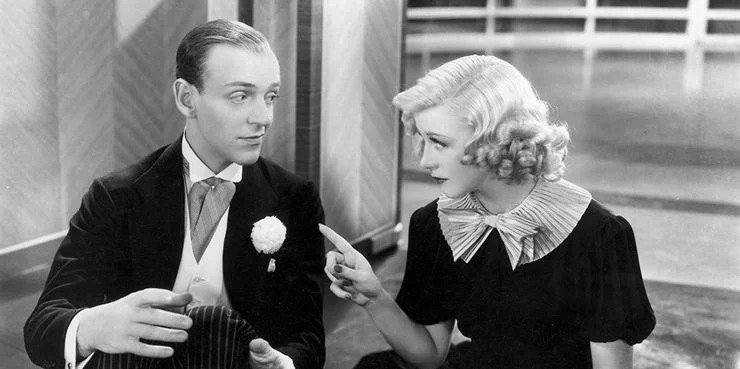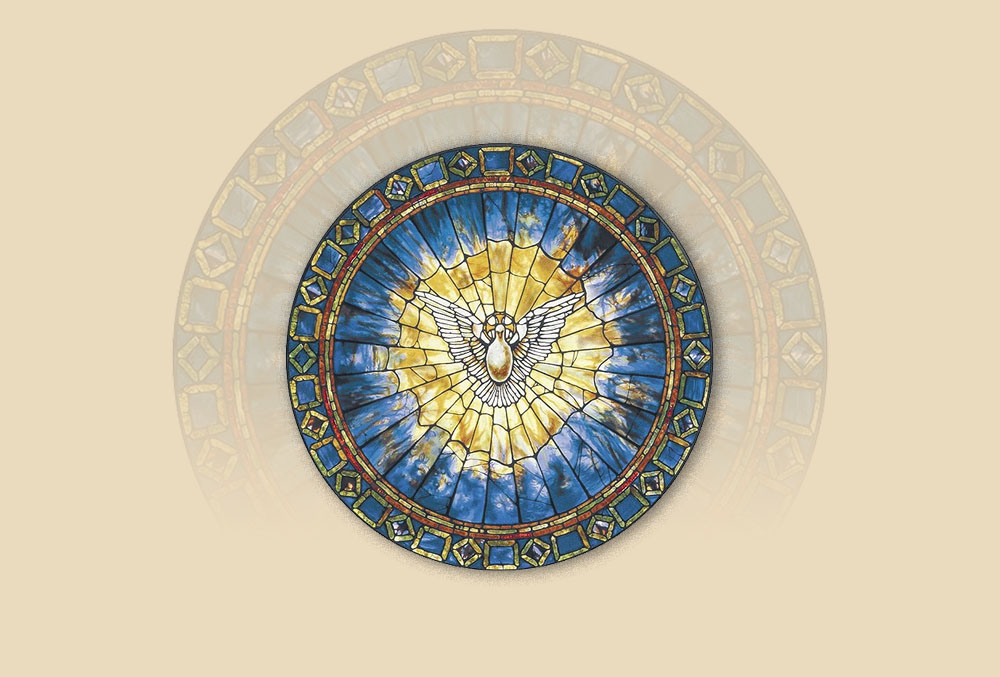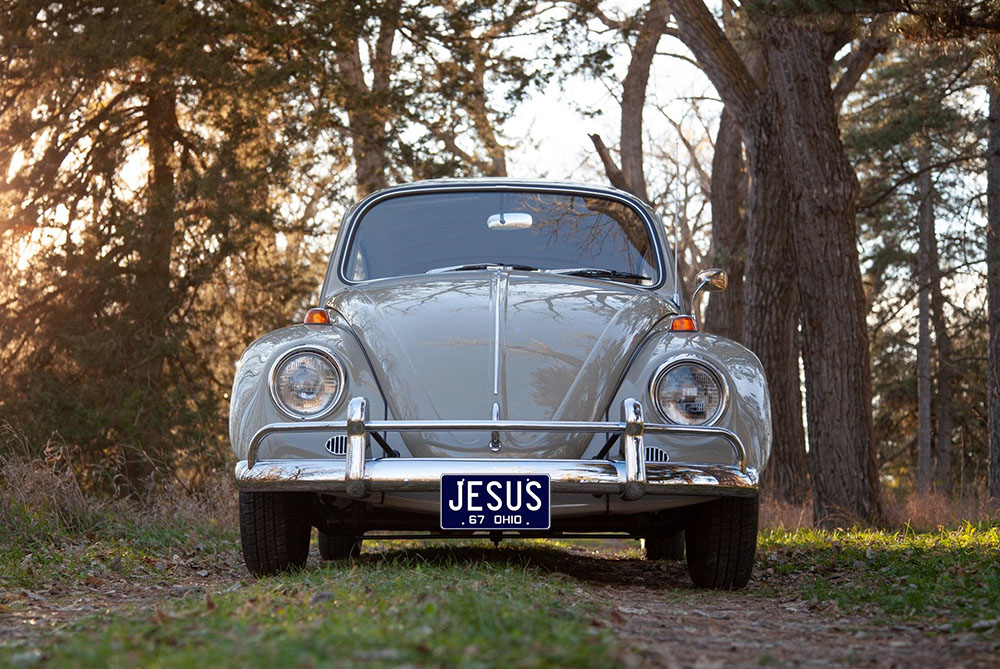
I’ve never been much of a joiner of clubs. Let’s see . . . I was a Cub Scout for about three weeks. We had the 15th Street Raiders on my block as a kid. I joined the Camera Club in high school and a book club somewhere along the way. That was about it for clubs.
Some of them had certain rules and regulations and secrets. I can’t remember the “Raider Handshake” but it let us know who was “in” and who wasn’t.
Sometimes we tend to think of religion as a club. The Catholic Club. There is an initiation (Baptism). It’s got rules (10 Commandments). It has a leader (Pope). And there are dues (pass that basket!).
But this view of the Catholic Church tends to liken it to a merely human organization like Kiwanis, or Rotary, or Sierra Club. (These are great organizations by the way. They do much good for our community.) However, each of them receives its origin and purpose from its human founder, and does not profess to be able to connect its members to God or Eternal Life.
That’s not the way it is with the Catholic Church. It’s not a club or even an “organization” founded for some beneficent purpose. It is the living, mystical (spiritual yet physical) body of its founder, Jesus Christ, God’s only begotten Son.
Yes, the Church is Christ’s Body. We are its members and are connected with each other as fingers on a hand. . Christ’s Hand! Together, empowered by the Holy Spirit, we make up the person of Christ in the world.
The power and beauty of who we are in Christ makes it all the more painful when we hear of the failures of those most trusted with the Faith.
News headlines today tell us how some in the Catholic Clergy have failed to live as that presence and have betrayed the trust of so many in the Church. (In every age the church has both saints and sinners as its members and thereby stands in constant need of purification.)
But this does not change the fact that God has adopted us as sons and daughters. We become “co-heirs with Christ” to Eternal Life. “In Him we live, and move, and have our being.” Acts 17: 28
To our friends who are searching . . .
How about you? Would you like to join – – – not a club! – – – but a group of people who are searching for God in their life? Would you like to talk with others who, like yourself, are trying to figure out what life is about and how we might find some bit of happiness while we are on this earth.
Would you like to learn what the Catholic Church teaches about the meaning of our lives, about God and how we can know Him? Would you like to be free to question and maybe disagree with some of what you are hearing? Well come along!
This group is called the RCIA (The Rite of Christian Initiation). It starts SUNDAY, October 3, AFTER THE 10:30 MASS (@12:00 noon.) in the Gathering Space. Meetings last one hour and we think you’ll find the discussion interesting and fun.
There will be no pressure whatsoever for you to become Catholic. However, if during the sessions you feel God may be inviting you to join the Body of Christ, that will be your gift come this Easter!!
Hope to see all you Searchers on October 3.
God’s Grace to you this week.
Fr. Tim









